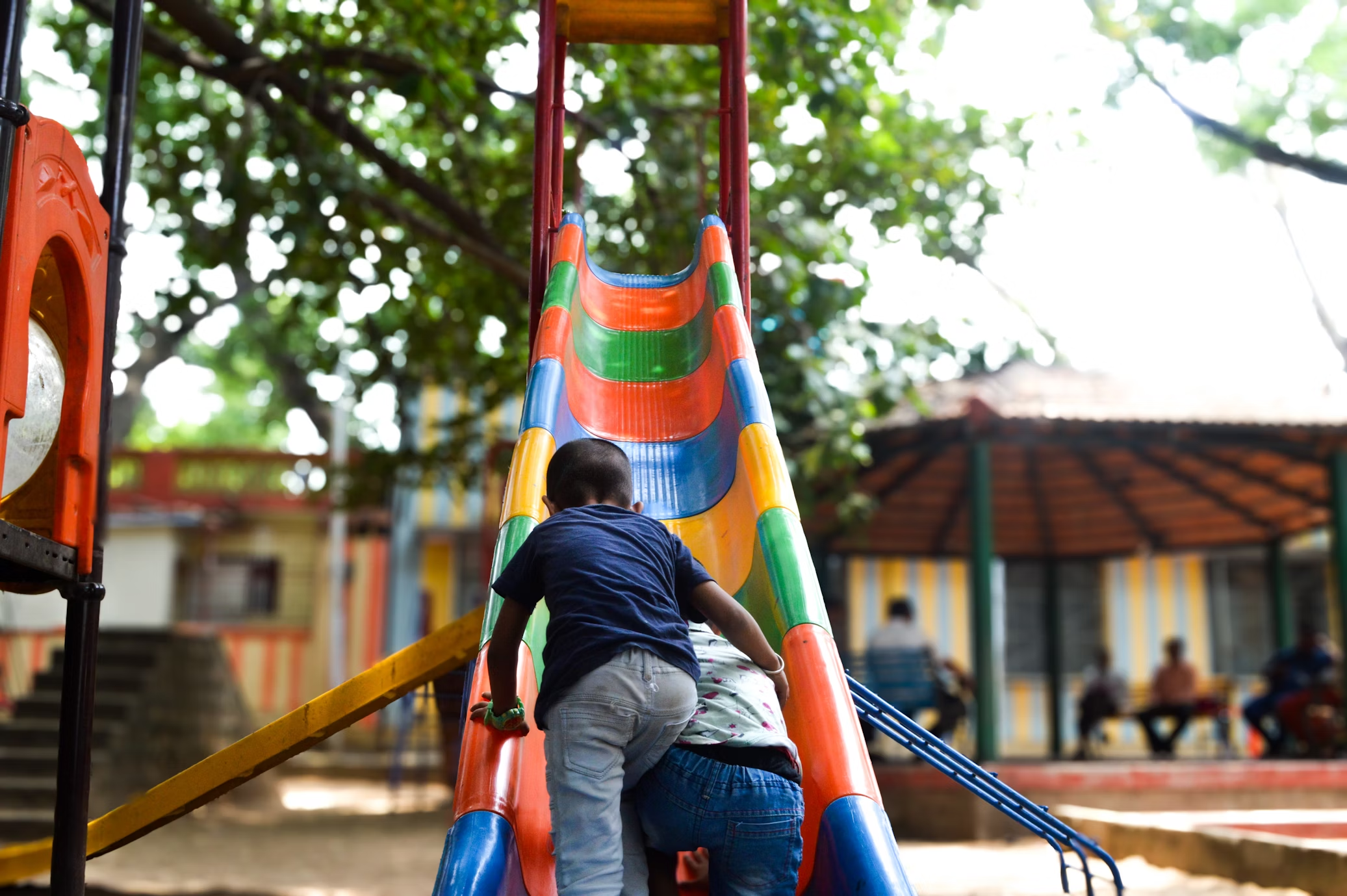- Email starlightacademy.us@gmail.com
- Phone (206) 241 0844
Giving your child the best start in life
-
431 S 152nd St, Burien, Wa 98148
Get In Touch
Monday to Friday: 07.00am – 06.00pm
Saturday, Sunday: Close
Email:starlightacademy.us@gmail.com
Phone: (206) 241 0844
















